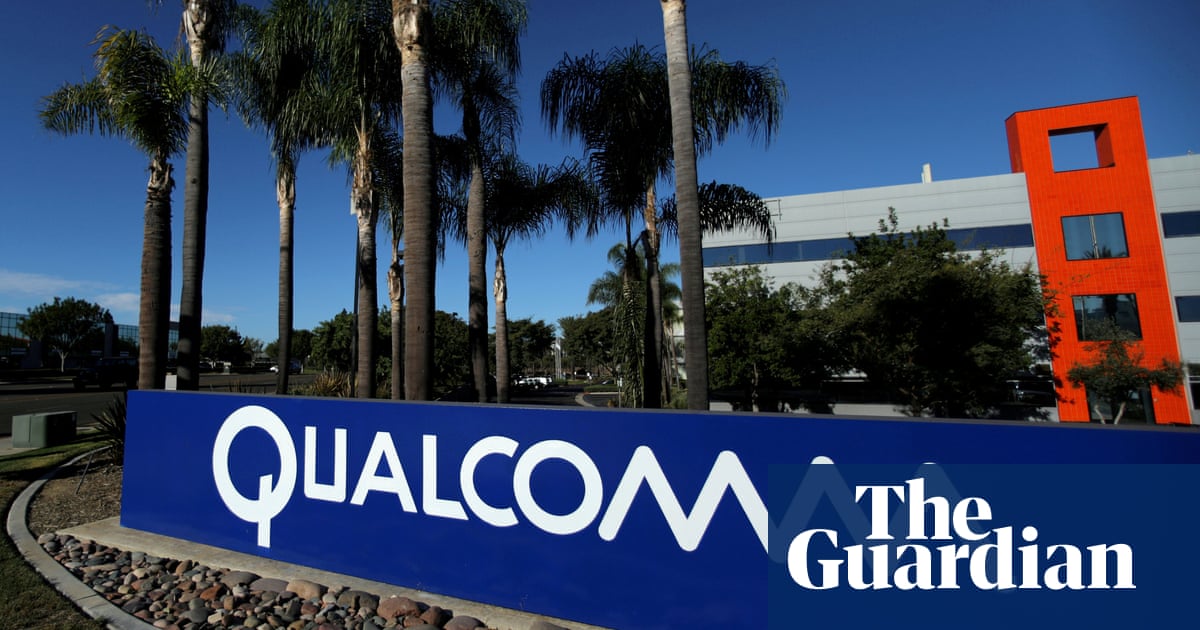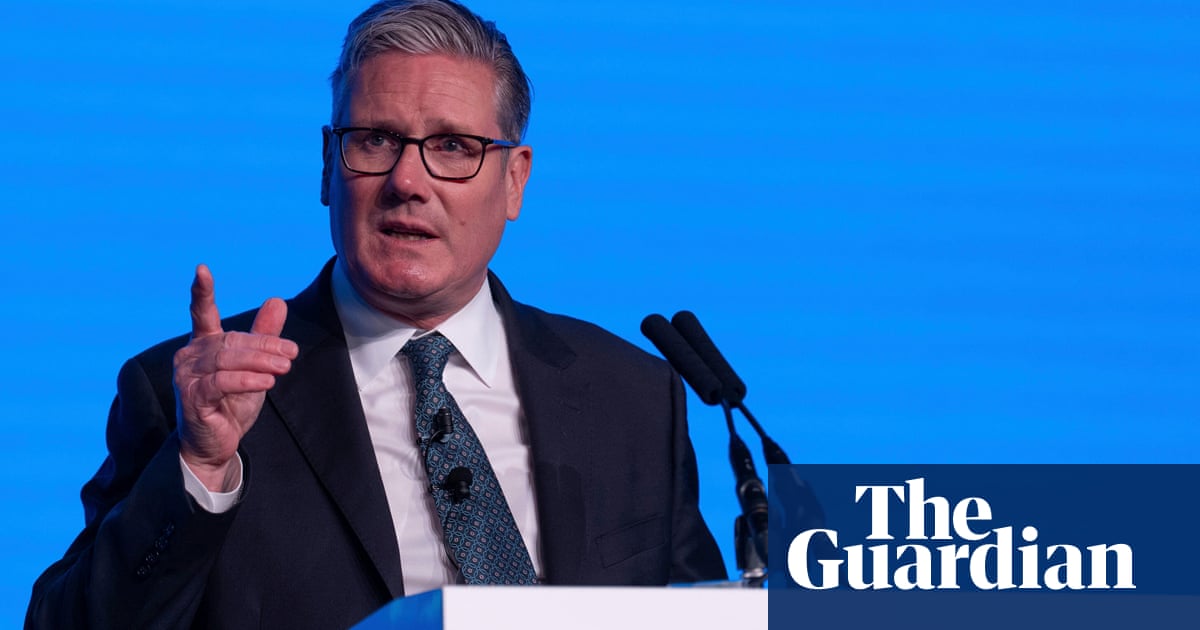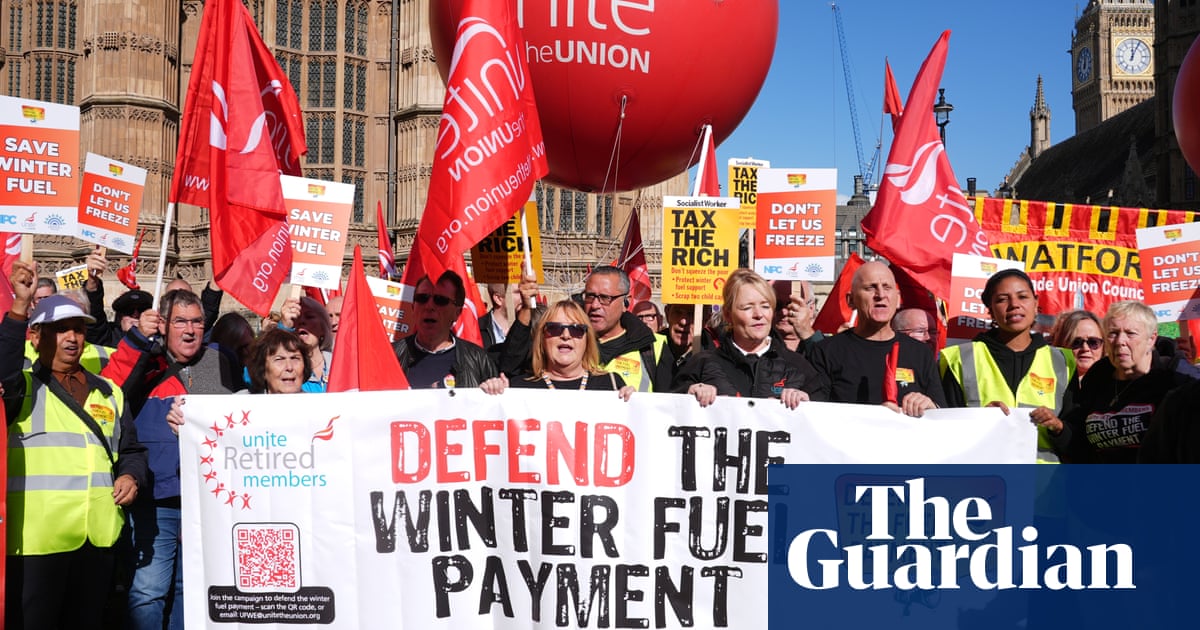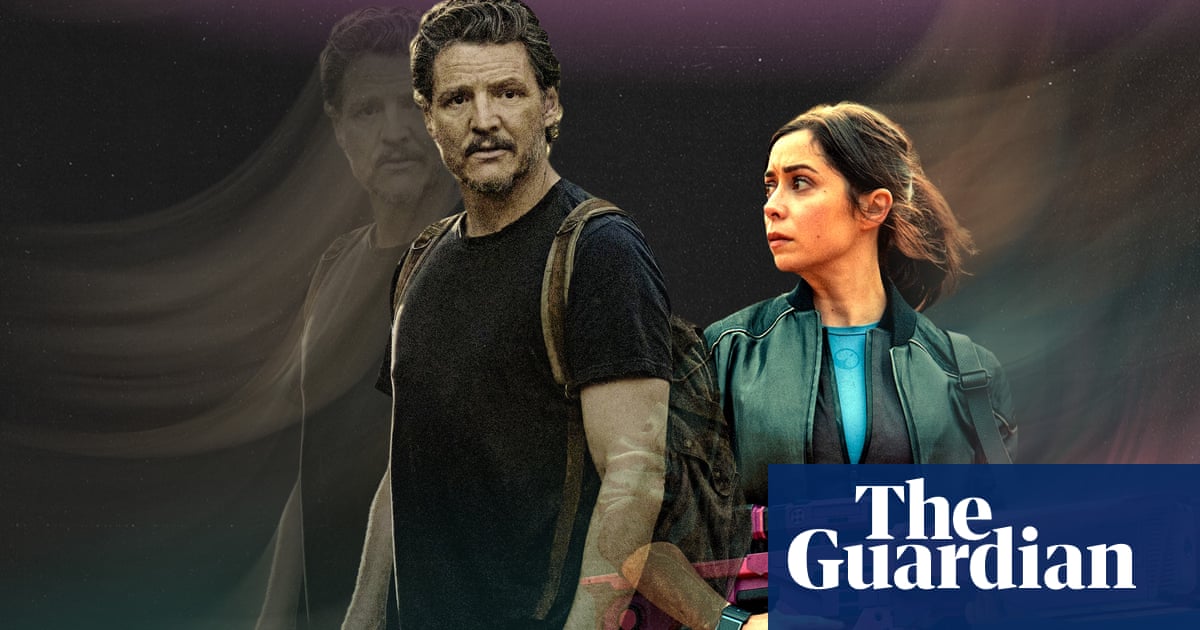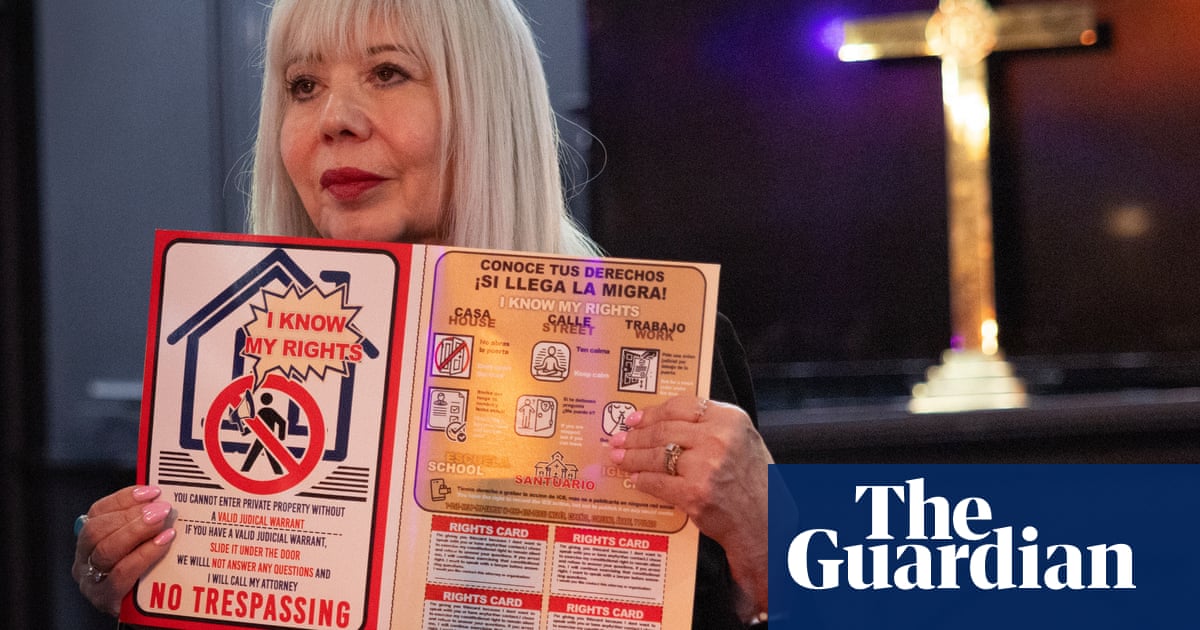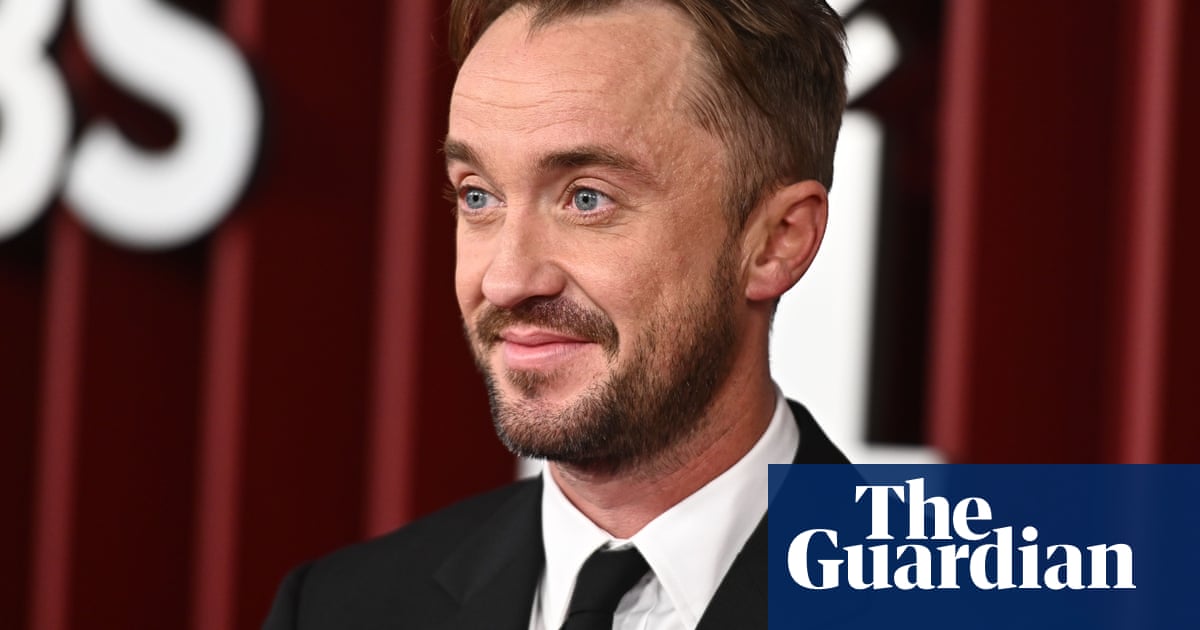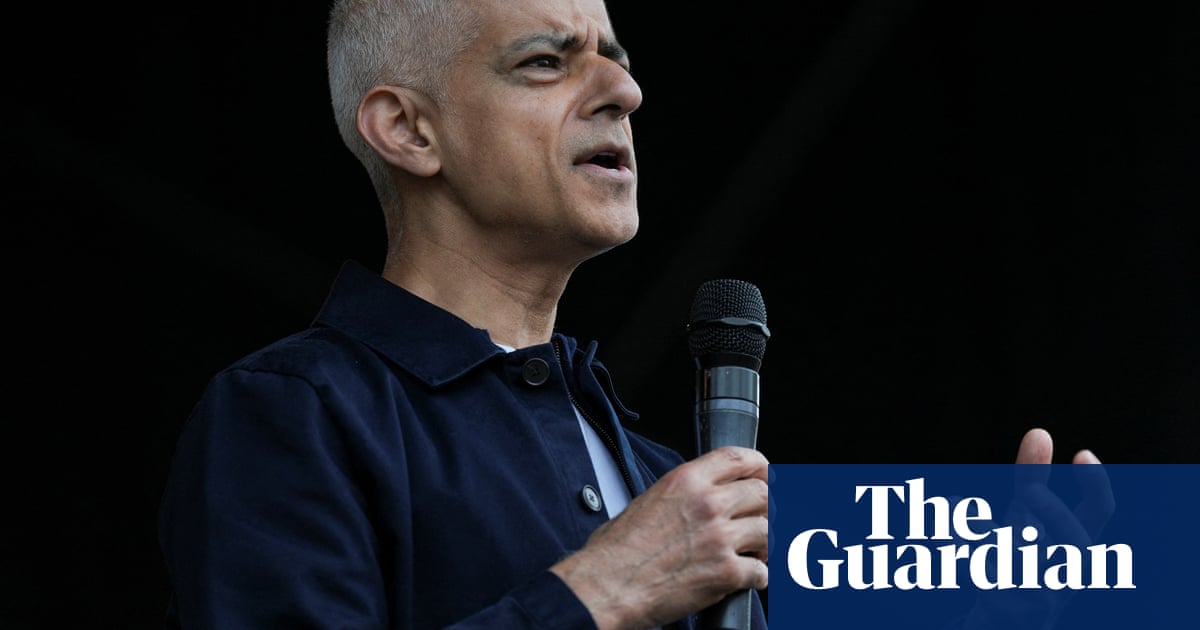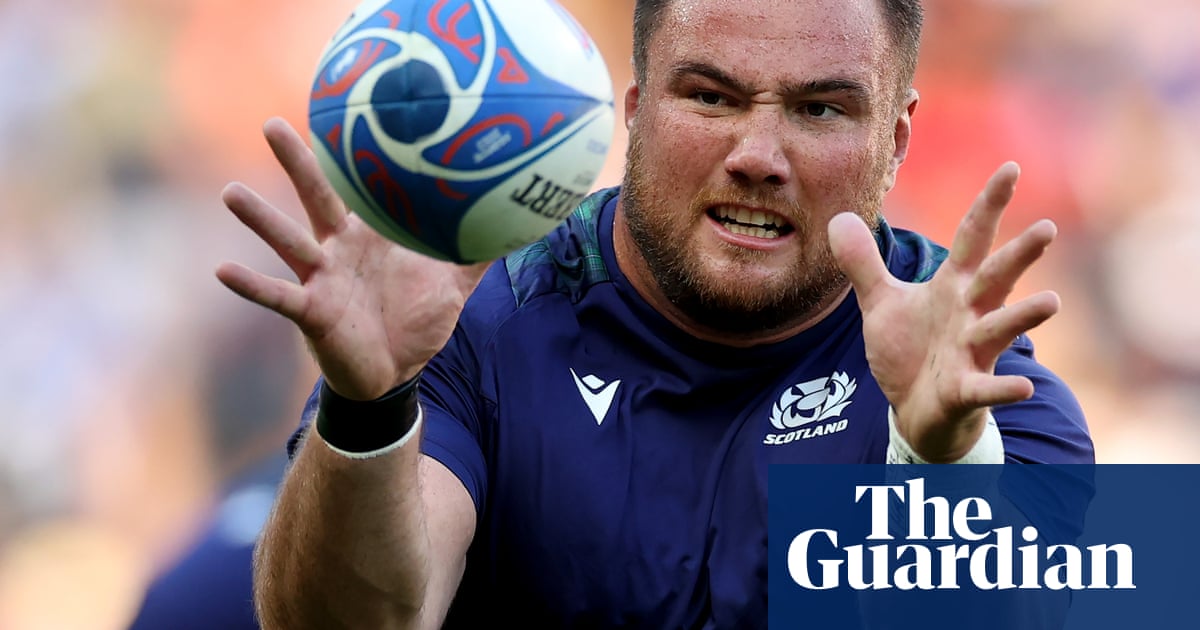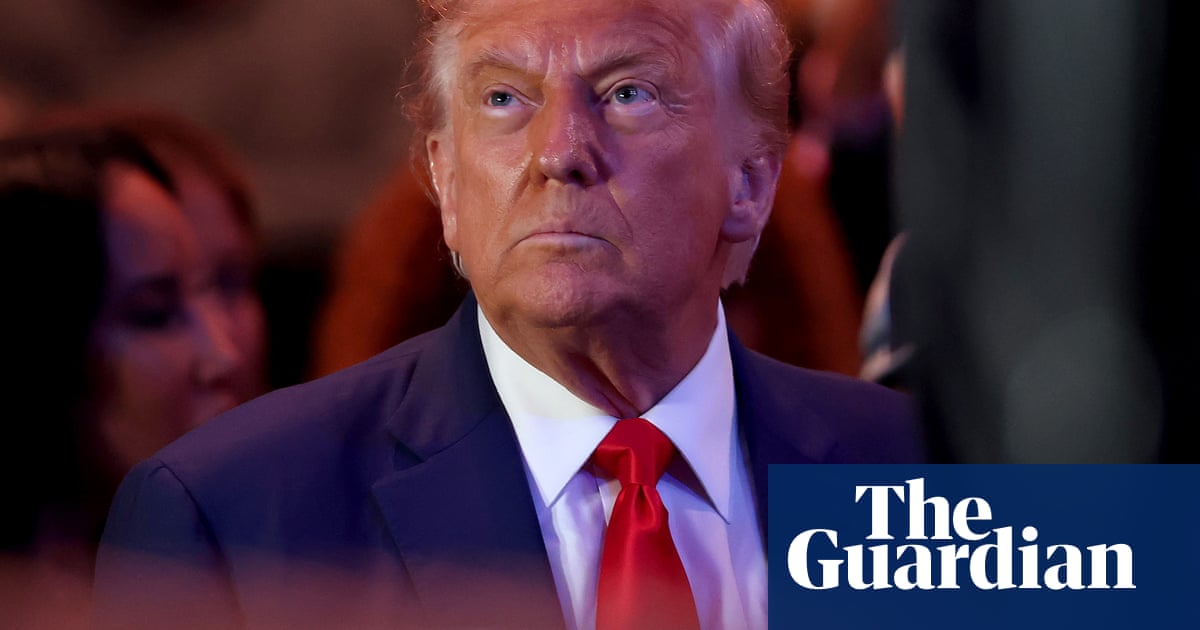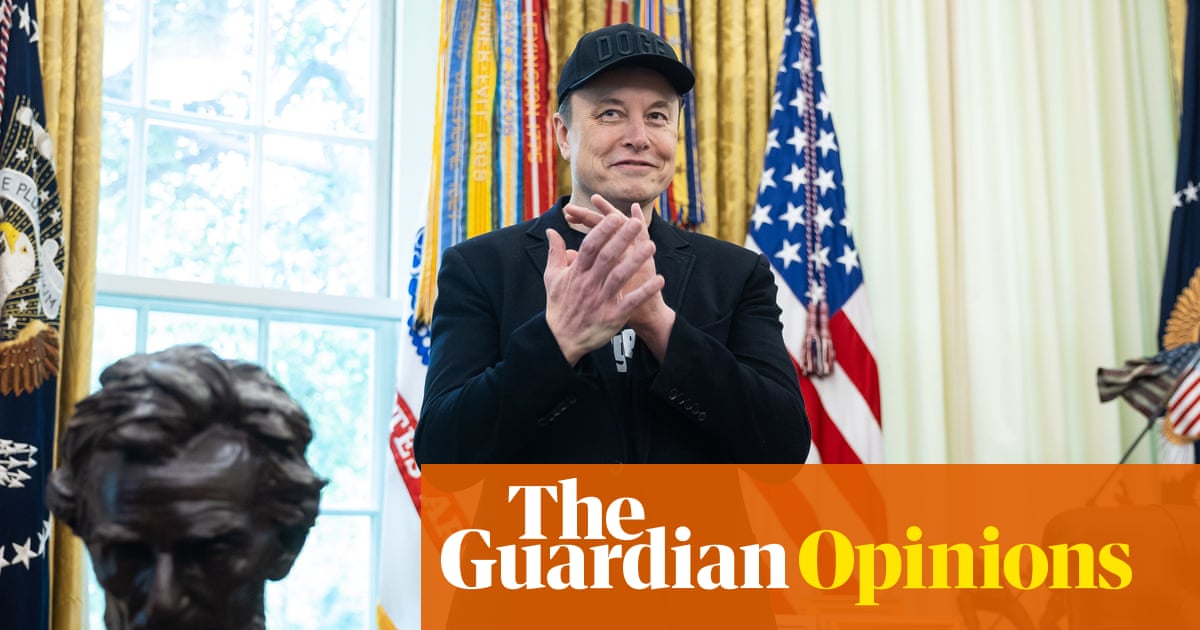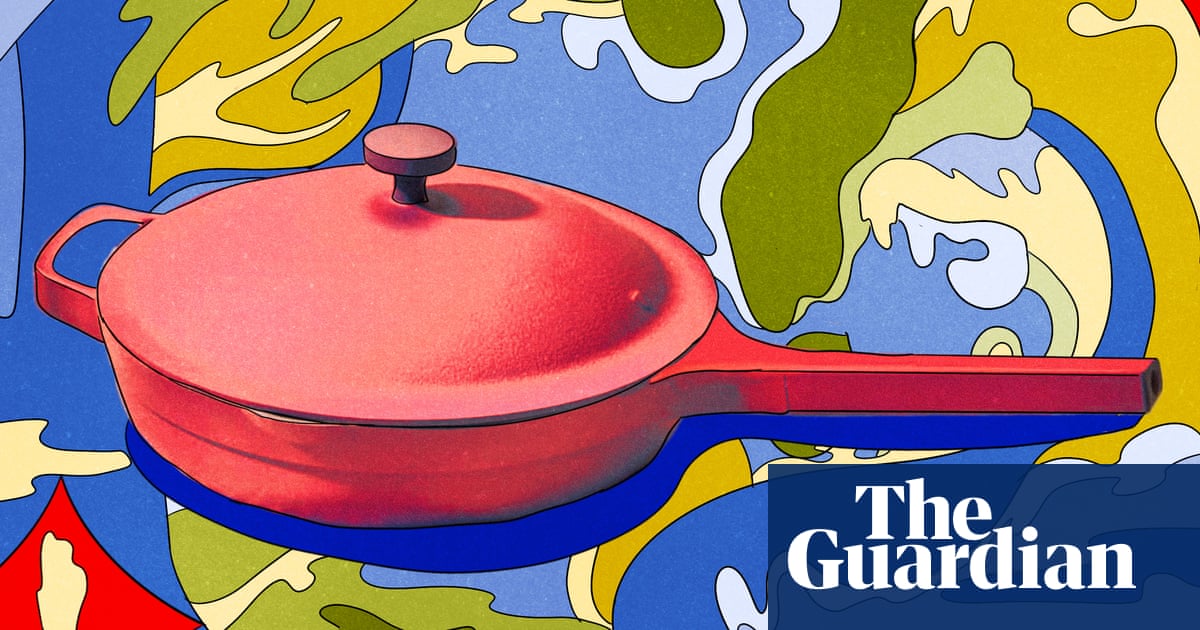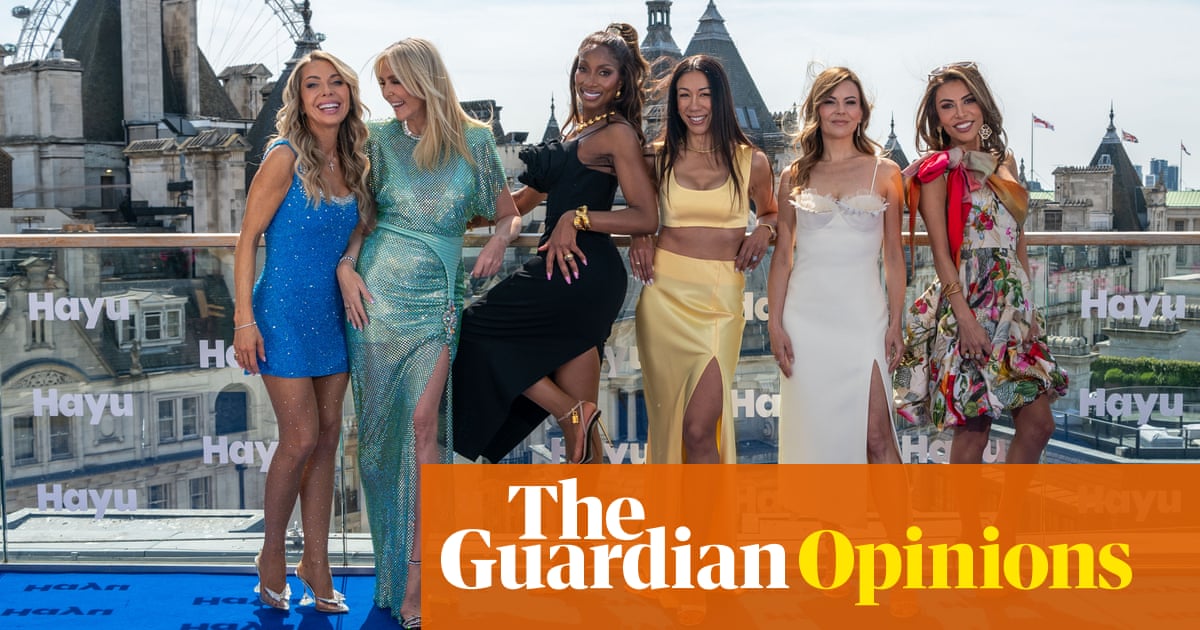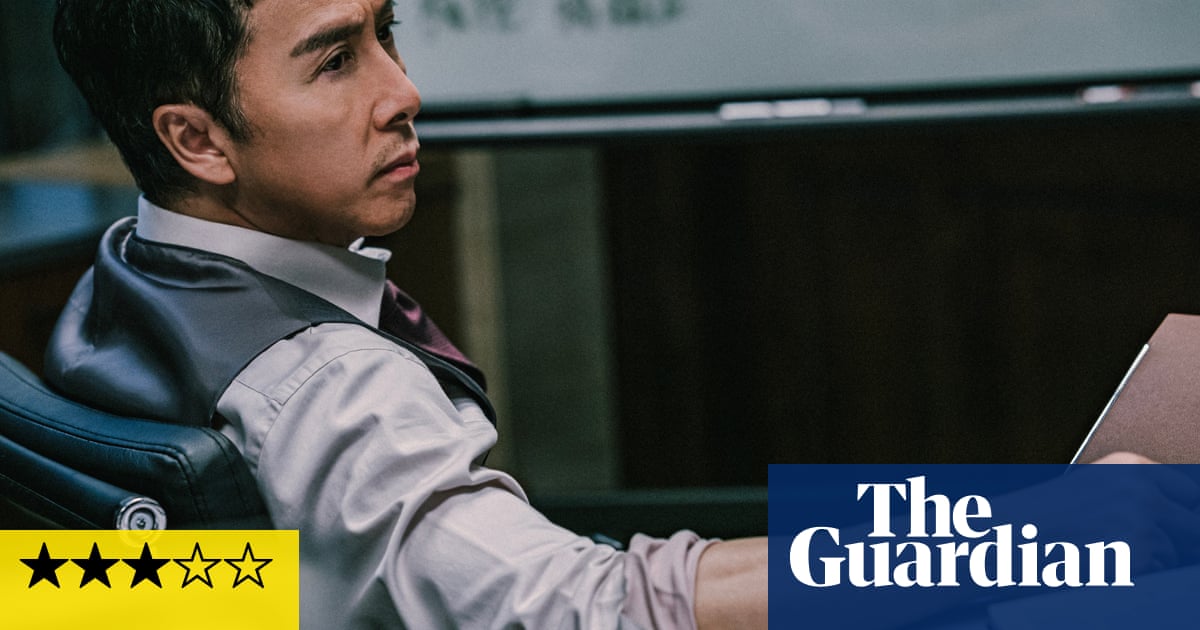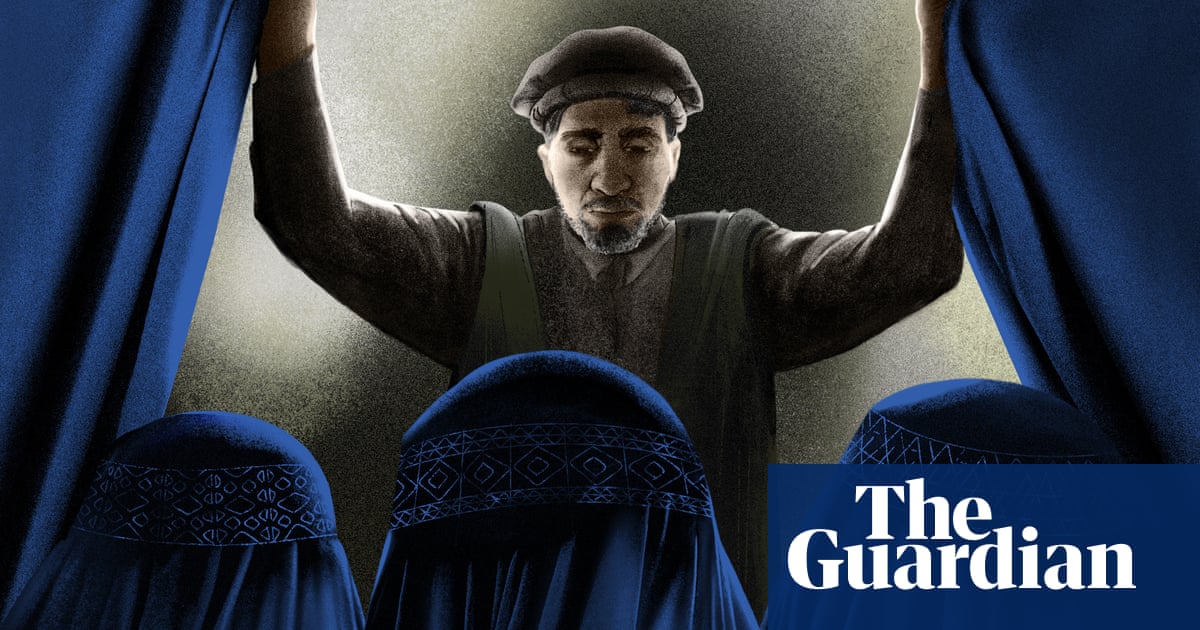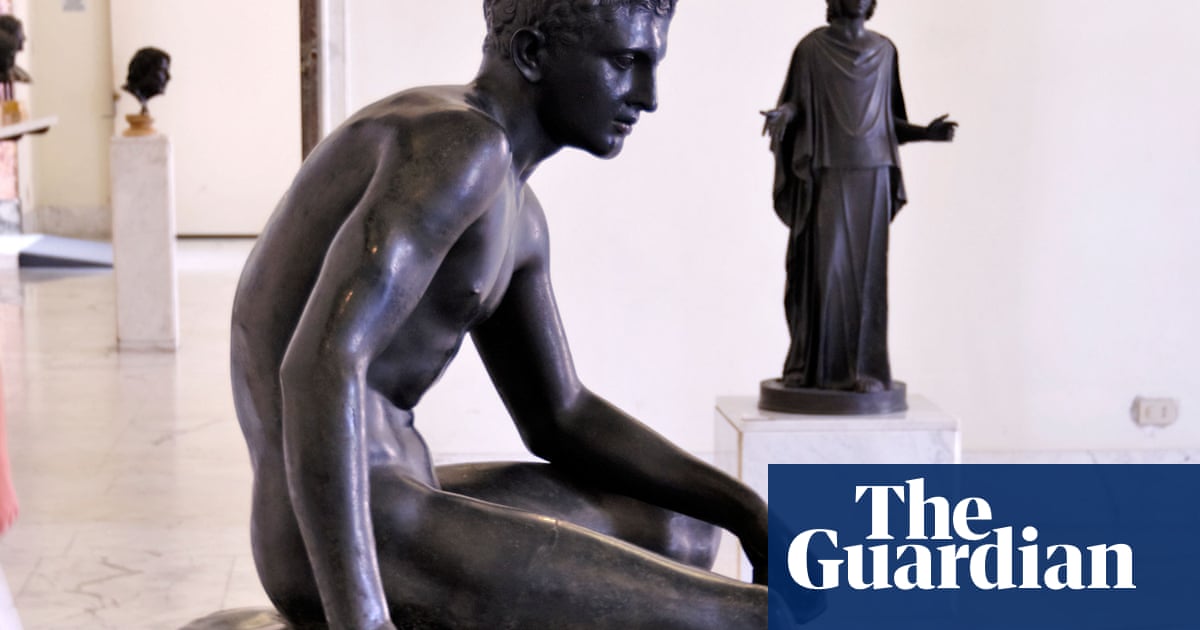
We are father and son: one has written 16 musicals and counting, the other cofounded The Other Songs, a leading independent record and publishing company. Our work has employed thousands globally, nurturing the next generation of talent. Copyright is the foundation that protects this, and all creative work: from music, theatre and literature to film and art. Copyright ensures creators retain control and are fairly compensated. It underpins the creative economy. Put simply, it allows artists and creatives to make a living. Endless studies have shown what a benefit that creativity – music, theatre, dance, art, film, TV, the list is endless – has on the rest of society.

Yet, today, the UK government is proposing changes that would strip creators of this protection. Under the data (use and access) bill, AI companies would be allowed to take works, past and future, and use them as training data without consent or payment. These models digest vast amounts of human-created content and then generate imitations, bypassing the rights of the original creators. The government’s proposed “opt-out” system – the idea that they will always be in a position to preemptively reserve their rights – is a sham. It is technically impossible for artists to opt out. The government’s consultation ends today, but we should be clear: this is not regulation, it is a free pass for AI to exploit creativity without consequence.
AI can replicate patterns, but it does not create. If left unregulated, it will not just be a creative crisis, but an economic failure in the making. AI will flood the market with machine-generated imitations, undercutting human creativity and destroying industries that drive jobs, tourism and Britain’s cultural identity. The creative industry on which we all thrive in myriad ways will stumble and falter.
The government claims weakening copyright law will attract AI investment, and that it is offering “a copyright regime that provides creators with real control, transparency, and helps them license their content”, but there is no evidence to support this. Global AI firms will extract UK intellectual property while continuing their operations elsewhere, leaving British creators at a disadvantage. Meanwhile, responsible AI companies such as Adobe and DeepMind already license content, proving that regulation and innovation can coexist.
The solution is clear. Beeban Kidron’s amendments to the bill would introduce safeguards, ensuring AI firms seek permission and pay for the content they use. The alternative is, as she told the House of Lords last month, that we continue the “delusion that the UK’s best interest and economic future aligns with those of Silicon Valley”.
Copyright protections are not a barrier to AI innovation; they are the foundation that allows creators to produce the high-quality work AI depends on. Without strong copyright laws, human creativity will be devalued and displaced by machines. Do we want our children to discover the next David Bowie, or David BowAI?
We stand at a pivotal juncture. The streaming era has already diminished the value of songwriters to the extent that many struggle to make a living. Streaming revenue allocates about 15% to songwriters, while record labels and artists receive 55%, and streaming services claim 30%. Moreover, songwriters are not compensated upfront for their used songs by artists and labels, unlike in TV, film and theatre where there is an option for their works. Consequently, relying solely on 15% is an insurmountable challenge. Now, the UK risks making an even greater error.
In 1710, Britain introduced the world’s first copyright law, the Statute of Anne, setting the global standard for protecting creators. Until then, authors found the copyright to their work belonged to the printers of that work. Self-publishing was effectively illegal, but the statute gave writers the ability to own their own creations. This was right and now seems obvious. It is extraordinary that more than 300 years later this government is planning to dismantle those protections. Labour claims to represent working people. Creative artists are working people, and their work is of untold value economically, socially and, of course, culturally.
An AI machine is not a person. It is time to step up and protect the people at the heart of the UK’s unrivalled creative economy. If these efforts fail, we will all suffer.
-
Andrew Lloyd Webber is a composer. Alastair Webber is a record label founder

 3 months ago
100
3 months ago
100
